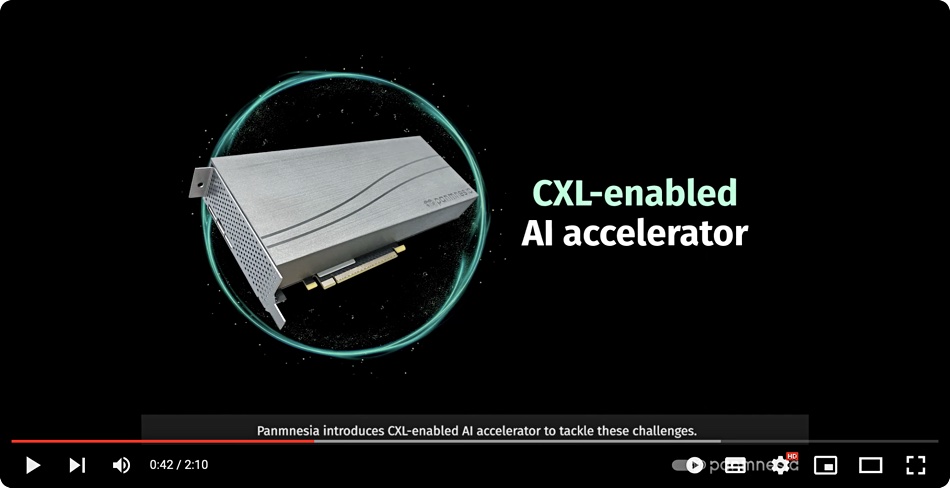TrendForce’s investigation into the impact of the recent 7.5 magnitude earthquake in the Noto region of Ishikawa Prefecture, Japan, reveals that several semiconductor-related facilities are located within the affected area. This includes MLCC manufacturer Taiyo Yuden, silicon wafer (raw wafer) producers Shin-Etsu and GlobalWafers, and fabs such as Toshiba and TPSCo (a joint venture between Tower and Nuvoton). Given the current downturn in the semiconductor industry and the off-peak season, along with existing component inventories and the fact that most factories are located in areas with seismic intensities of level 4 to 5 – within the structural tolerance of these plants – preliminary inspections indicate no significant damage to the machinery, suggesting the impact is manageable.
…
DRAM and NAND supplier Micron has settled a lawsuit between it and Fujian Jinhua Integrated Circuits, a Chinese state-supported chipmaker. The legal dispute included accusations of IP theft by each against the other. According to YiCai Global, three Micron execs quit in 2016 and joined United Microelectronics in Taiwan, which subsequently signed a 32nm DRAM technology supply deal with Fujian in China. Micron sued United Microelectronics and Fujian for alleged IP infringement, and the two sued Micron in return, alleging infringement of their IP in Micron products sold in China. United Microelectronics made a reconciliation payment to Micron in late 2021 when that element of the case was settled. The Micron-Fujian settlement is global in scope and ends all legal disputes between them.
China’s Cyberspace Administration (CAC) declared in May 2023 that Micron’s products represent a security risk in the country and should not be bought by “operators of critical information infrastructure.” This affected 14 percent of Micron’s global sales ($2.2 billion). Micron recently said it will invest $602 million (4.3 billion yuan) in its Chinese chip-packaging facility. It looks as if Micron’s relationship with China is improving.
…
A Panmnesia video explains the memory specialist’s CXL-Enabled Accelerator technology, as used in vector embedding searches in AI, that will be showcased at CES 2024.

…
Samsung has verified CXL memory expander operations with Red Hat Enterprise Linux in a customer environment. Samsung optimized its CXL memory for RHEL 9.3 and verified memory recognition, read and write operations in Red Hat’s KVM and Podman environments. “The successful verification of Samsung’s CXL Memory Expander interoperability with Red Hat Enterprise Linux is significant because it opens up the applicability of the CXL Memory Expander to IaaS and PaaS-based software provided by Red Hat,” explained Marjet Andriesse, SVP and head of Red Hat Asia Pacific. Samsung and Red Hat are jointly working on a “RHEL 9.3 CXL Memory Enabling Guide.” Their ongoing agreement covers a range of storage and memory products, including NVMe SSDs, CXL memory, computational memory/storage and fabrics.
…








